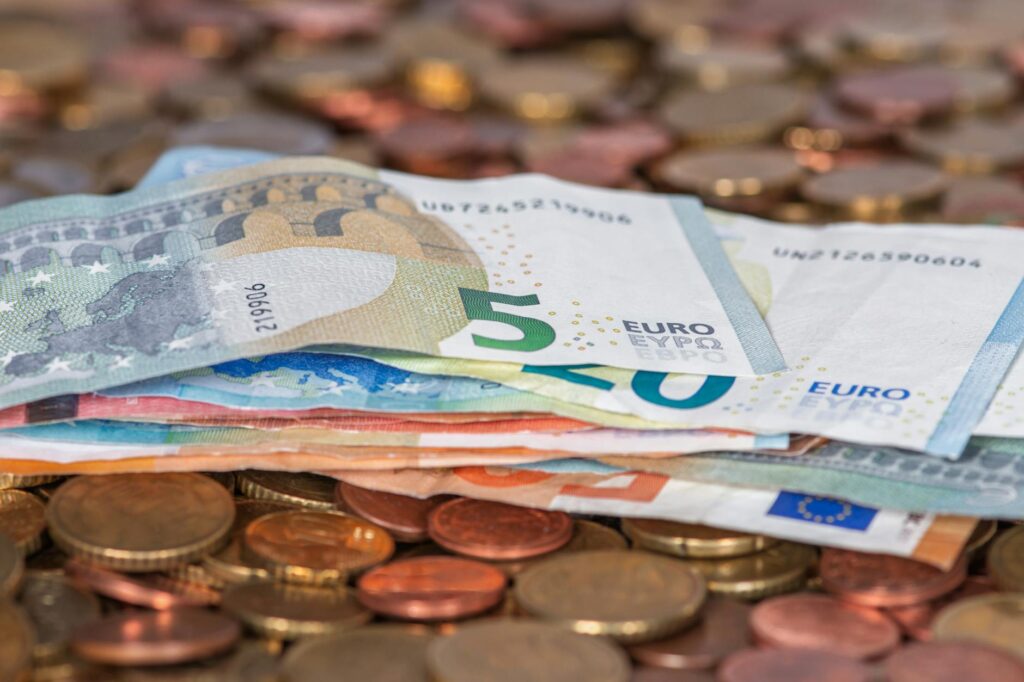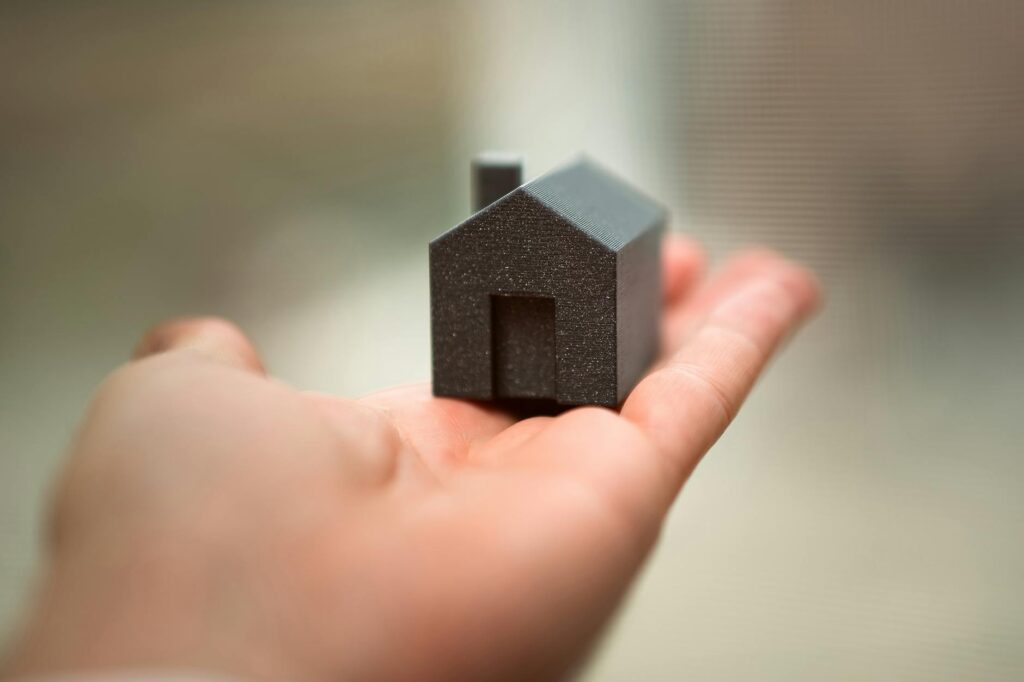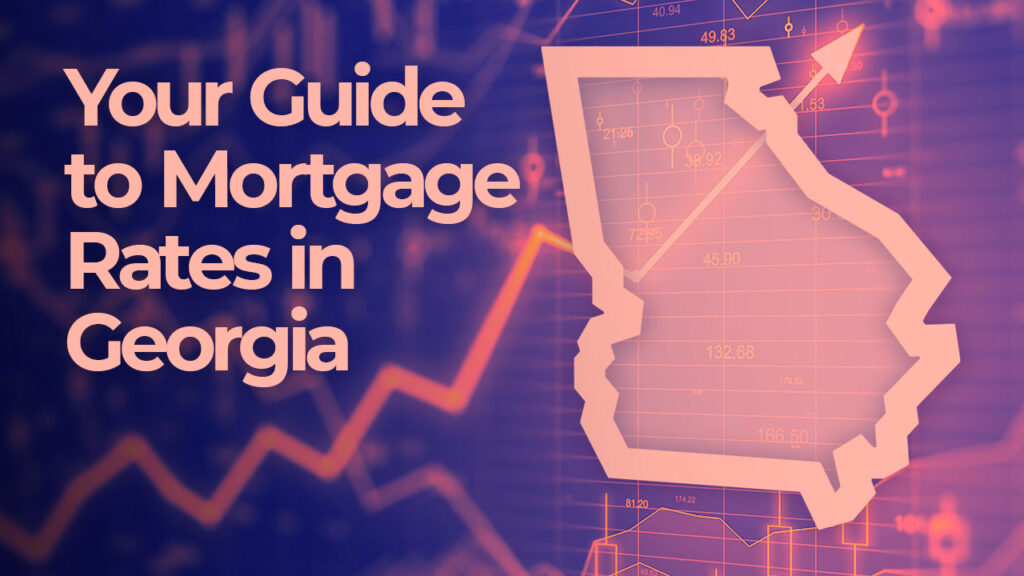Understanding the financial landscape can be tricky, especially when it comes to borrowing money. Two common options are small loans and payday loans, but they differ significantly. This post clarifies the key distinctions to help you make informed decisions.
What is a Small Loan?
Small loans are typically offered by banks, credit unions, and online lenders. They provide a relatively small amount of money, usually ranging from a few hundred to a few thousand dollars. Repayment terms are more flexible, often extending over several months or even years. 
What is a Payday Loan?
Payday loans are short-term, high-interest loans designed to be repaid on your next payday. The loan amount is usually small, often a few hundred dollars or less. They are known for their extremely high interest rates and fees. 
Interest Rates: A Key Difference
Small loans generally have much lower interest rates than payday loans. The interest on a small loan is usually fixed, while payday loan interest can be exceptionally high, sometimes exceeding 400% APR. Learn more about APR.
Loan Amounts
Small loans provide larger loan amounts compared to payday loans. This makes them suitable for larger expenses like emergency car repairs or unexpected medical bills.
Repayment Terms
Small loans offer extended repayment periods, allowing you to manage your debt more comfortably. Payday loans, on the other hand, have very short repayment terms, typically due on your next payday. Read more about repayment options.
Eligibility Requirements
Eligibility criteria for small loans often include a credit check, stable income, and a good credit history. Payday loan requirements are typically less stringent, making them more accessible to those with poor credit.
Impact on Credit Score
Small loans can positively or negatively impact your credit score, depending on your repayment behavior. Payday loans, however, often negatively impact credit scores even if repaid on time, due to their high interest rates and potential for default. 
Fees and Charges
Small loans typically have lower fees compared to payday loans. Payday loans often involve significant origination fees and other charges that can quickly add up. See our guide to loan fees.
Application Process
The application process for small loans usually involves a more thorough review, including a credit check and verification of income. Payday loan applications are often much quicker and simpler.
Collateral
Small loans may or may not require collateral, depending on the lender and the loan amount. Payday loans are usually unsecured, meaning no collateral is required.
Debt Cycle Risk
Small loans, when managed responsibly, are less likely to trap borrowers in a cycle of debt. Payday loans are notorious for their potential to lead to a debt trap due to their high costs and short repayment period.
Financial Responsibility
Both small loans and payday loans require responsible financial management. Failing to repay on time can lead to serious consequences.
Choosing the Right Loan
The best choice depends on your individual circumstances, financial situation, and needs. Carefully weigh the pros and cons before deciding. Compare loan options here.
Alternatives to Small and Payday Loans
Before considering a loan, explore alternatives like budgeting, negotiating with creditors, or seeking financial counseling. Find a financial counselor near you.
Credit Counseling
Credit counseling can provide valuable guidance on managing debt and improving your financial health. 
Long-Term Financial Planning
Building a solid financial plan is essential for long-term financial stability and avoiding reliance on high-cost loans.
Conclusion
Understanding the differences between small loans and payday loans is crucial for making informed borrowing decisions. Small loans offer more favorable terms and lower risks, while payday loans often come with high costs and potential debt traps. Choose wisely and consider the long-term impact on your finances.
Frequently Asked Questions
What is the maximum amount I can borrow with a small loan? The maximum amount varies greatly depending on the lender and your creditworthiness. It can range from a few hundred to several thousand dollars.
How long does it take to get approved for a payday loan? Payday loan applications are often processed quickly, sometimes within minutes or hours.
Can I get a small loan with bad credit? Some lenders offer small loans to borrowers with bad credit, but the interest rates may be higher.
What happens if I can’t repay a payday loan on time? Late payments on payday loans can result in additional fees and penalties, and it can negatively impact your credit score.
Are there any legal protections for borrowers of payday loans? Yes, there are some regulations designed to protect borrowers. However, they vary from state to state. It’s crucial to understand your state’s specific laws before taking out a payday loan.


